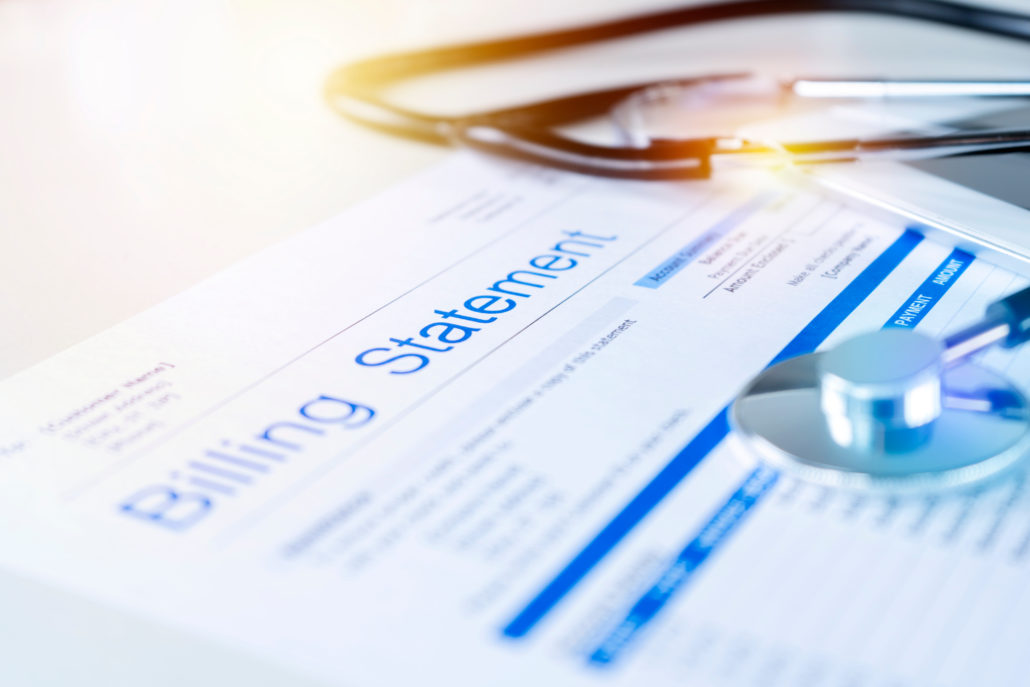By MotivHealth
The year 2022 is presenting new healthcare laws concerning price transparency. High prices don’t necessarily equate to high quality, and that’s why MotivHealth created SmartPay—they want members to receive high quality care at lower costs. You deserve to know your cost options before choosing a healthcare provider or receiving care, not when you receive the bill nine months down the road. The No Surprise Act, set to take effect in 2022, is another law designed to help the nation save on healthcare and empower people to take charge of their healthcare.
The No Surprise Act targets three main areas:
- Surprise medical billing for emergency services
- Surprise medical billing for non-emergency services
- Payment dispute resolution between providers and insurers
Surprise Medical Bills
A surprise medical bill is defined as a bill sent to an insured patient who unwittingly receives medical care from an out-of-network provider. These bills occur most frequently because of medical emergencies.
Emergencies
Under the No Surprise Act, patients that receive emergency services from out-of-network providers will only be required to pay the deductibles and copayments that they would have paid for service from in-network providers.
Non-Emergencies
Under the No Surprise Act, patients that receive non-emergency services from out-of-network providers at in-network facilities will, in most cases, only be responsible to cover their in-network cost sharing amounts. Specified* out-of-network providers will still be allowed to balance bill patients (Balance bill is defined as the difference between the provider’s charge and the allowed amount. For example, if the provider’s charge is $100 and the allowed amount is $70, the provider may bill patients for the remaining $30) if they provide the patient with written notice of the charges at least 72 hours prior to the non-emergency services.
*Exclusions include anesthesiologists, laboratories, and radiologists.
Resolution of Insurer-Provider Payment Disputes
Since patients will no longer be involved in the payment dispute resolution process, the insurer and medical providers will need to resolve payment disputes on their own. They will have 30 days prior to the act** to negotiate the amount of a surprise bill.
**The No Surprise Act will take effect on January 1, 2022.
Source
